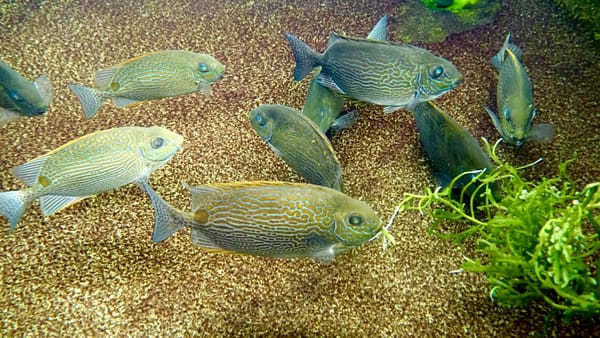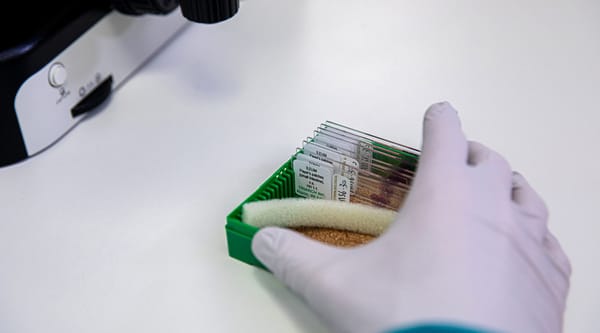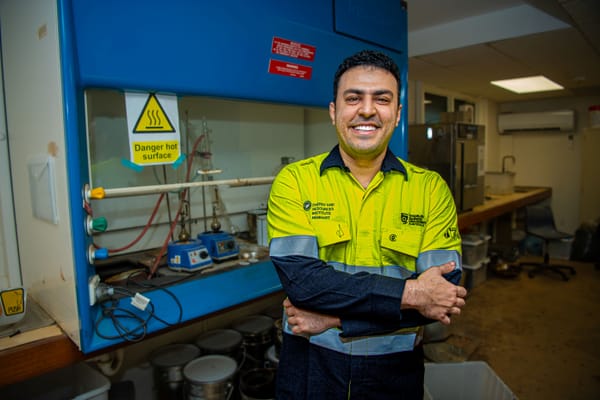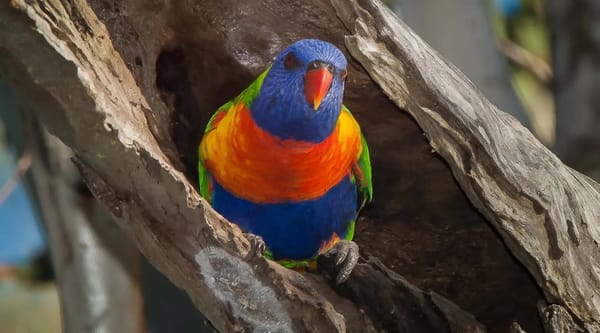What island ecosystems teach us about global health risks
Tasmania is emerging as a critical site for health research, with experts from the University of Tasmania exploring how the island’s ecosystems can offer valuable insights into the connections between human, animal, and environmental health.
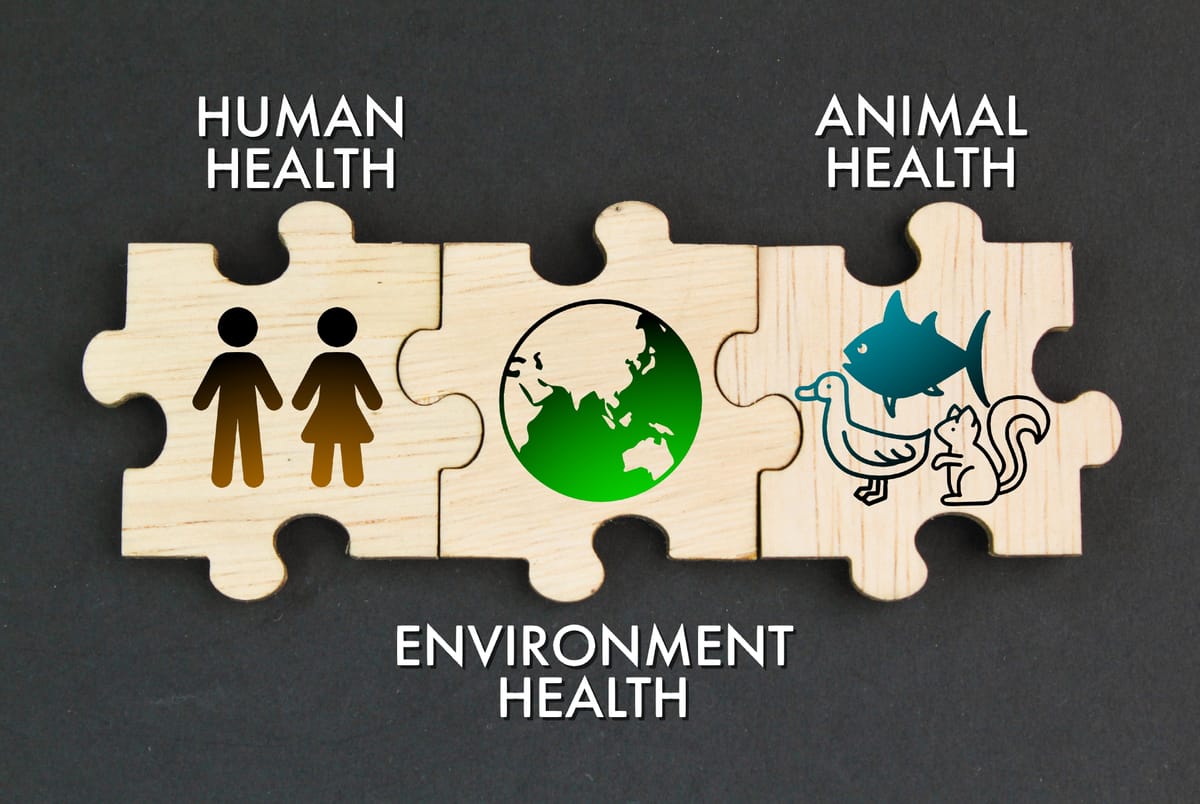
First published by University of Tasmania
Tasmania is emerging as a critical site for health research, with experts from the University of Tasmania exploring how the island’s ecosystems can offer valuable insights into the connections between human, animal, and environmental health.
Researchers at the University of Tasmania are studying how diseases spread across species and how environmental shifts affect both human and wildlife health.
Their recent paper in BioScience supports the One Health framework, which connects human, animal, and environmental health to address emerging global health risks, including those driven by climate change and zoonotic diseases (diseases passed from animals to humans).
Dr Nick Fountain-Jones, Senior Researcher in One Health at the University of Tasmania and the report’s lead author, explains that Tasmania’s varied landscape provides a unique setting for studying complex health interactions.
“Islands like Tasmania, with their unique ecosystems and limited entry points, are ideal for studying the complex connections between animal, human, and environmental health,” Dr Fountain-Jones said.
“Research on islands is crucial for global disease prevention strategies, demonstrating how local research can inform global responses to emerging health threats.”
The study’s significance is amplified by Australia’s plans for the Australian Centre for Disease Control (ACDC), which aims to address interconnected health threats using One Health principles.
Dr Louise Cooley, Director of Microbiology and Infectious Diseases at the Royal Hobart Hospital, highlighted the urgency of this research, noting the impact of highly pathogenic avian influenza (HPAI) on U.S. wildlife and agriculture.
"Responding effectively to HPAI will require close collaboration across health, environmental, and veterinary sectors. Tasmania is well placed to lead in this area," Dr Cooley said.
Dr Fountain-Jones also highlighted Tasmania’s contribution to advancing Australia’s understanding of cross-species health risks.
“Our work strengthens Australia’s broader commitment to addressing interconnected health challenges globally,” he said.
Read the full BioScience report, One Health on islands: Tractable ecosystems to explore the nexus between human, animal, terrestrial, and marine health online.

